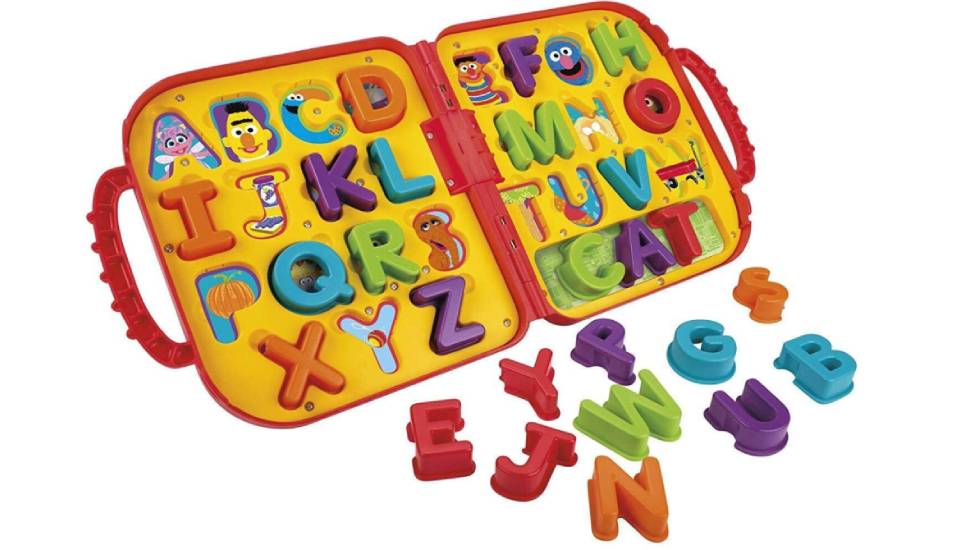
Cultivating Adaptability in Youngsters
Within the realm of Positive Discipline, one of the core tenets revolves around the long-term goals and the desired traits to be instilled in children as they transition into adulthood. Adaptability emerges as a critical life skill that warrants focused attention. While not every individual may naturally possess an abundance of flexibility, occasions may arise where opportunities are missed due to a lack of adaptability. However, working with children presents valuable chances to model, practise, and cultivate this essential attribute.
Recognising adaptability as a pivotal life skill, a conscious effort should be made to dedicate time and resources towards its development. One straightforward approach is to explicitly acknowledge and verbalise instances when flexibility is demonstrated. Statements such as, “Oh dear, the rain has prevented our trip to the playground. Fortunately, we can be adaptable! What engaging indoor activity shall we pursue instead?” or “I understand we typically have lunch before picking up your sibling from school, but today, due to our delay, we shall partake in our meal after their arrival. Thank you for your adaptability!” can be effective.
It is crucial to ensure genuineness when making such remarks, as children possess an innate ability to detect insincerity.
The goal should be for children to recognize and appreciate instances of flexibility. As they mature, hearing phrases like, “Oh, that’s alright. I’m adaptable,” can be music to one’s ears, signifying the successful cultivation of this invaluable trait.
Embracing the Power of “Yes”
Another strategy to inspire adaptability is to embrace the word “YES” as often as possible. If one expects others to be flexible, it is essential to model that behaviour themselves. It is a common tendency for adults to assume they are correct, that they know the better or faster way to accomplish tasks, and that children should defer to their judgments and preferences. However, there is always an opportunity to learn from one another, and children can be remarkably creative. Although they may be small in stature, their thoughts and feelings hold equal validity. When the urge to say “no” arises, it is beneficial to engage in a quick self-evaluation:
- Does this truly matter? Why?
- Is a “no” necessary? Can a smaller “yes” be found within the situation? Or, can it be a “not right now, but we can later!”
- Is one simply following a routine? Is this merely a social norm?
- Is the desire to assert control the driving factor
On numerous occasions, when one is about to say “no,” pausing and reassessing can unveil opportunities to include a “yes.” This might sound like, “Well, we do need to pack your backpack, but certainly, we can do it after dinner.” For example, if an older child inquires about placing their instrument in the front seat of the car, rather than the routine back seat, taking a moment to consider the negligible impact of this preference can allow for flexibility. Granting such a small request can foster an environment where children feel comfortable and confident enough to share their ideas, enabling mutually beneficial discussions without escalating into arguments or power struggles.
Creating a welcoming and open atmosphere, where children never feel nervous or hesitant to share their thoughts, ideas, and preferences, is paramount.
Does this matter more to them or to me?
A useful guideline is to ask oneself, “Does this matter more to them or to me?” If the matter holds significant importance for the children but is of little consequence to the adult (e.g., what shoes to wear to the park, what snack to bring in the car, which card game to play next), making a concerted effort to defer to the children’s preferences can be beneficial. If one is not flexible with the youngsters, why should they be expected to be flexible in return?
Typically exhibiting open-mindedness and reasonable flexibility with children can prove advantageous when situations arise where a particular course of action or timeframe must be insisted upon. In such instances, children are more likely to understand and cooperate if they recognise that the adult is not typically rigid without justification.
Offering Choices
One simple and efficient approach to balancing task completion and demonstrating flexibility is to offer genuine choices or options that are acceptable to both parties. For example, “Would you like to pack your backpack before breakfast or after we eat?” For older children, the options can be left more open-ended, such as, “We are leaving soon for your soccer game. What’s your plan for getting changed?” This approach provides children with a sense of control they crave while ensuring that necessary tasks are completed. However, it is advisable to avoid offering options that one is not genuinely comfortable with the children choosing.
Distinguishing Flexibility from Being a Pushover
It is crucial to ensure that children understand the distinction between flexibility and being a pushover. The goal should be to raise individuals who can establish and respect boundaries. Consequently, refraining from using phrases like “thanks for being flexible” in situations where flexibility is not appropriate is recommended.
Rules implemented to ensure safety are intentional, non-negotiable, and not subject to flexibility, a principle that children should be aware of.
Maintaining a firm and confident stance on matters of importance, such as health or safety, while avoiding being wishy-washy or uncertain about such rules, is essential. The objective should be to offer freedom and flexibility within established boundaries.
Furthermore, it is advisable to avoid pushing or manipulating children into being flexible when they are clearly uncomfortable with a situation. Respecting a child’s bodily autonomy is paramount, and one should never instruct a child to “be flexible” and engage in physical contact, such as hugging, against their expressed wishes. However, requesting flexibility regarding less personal matters, such as the choice of podcast to listen to in the car, can be acceptable.
Adaptability is undoubtedly an invaluable life skill. As rigid, uncompromising individuals are often met with disfavour, it is crucial to ensure that children are not raised to embody those traits. Maintaining adaptability as a priority can have the added benefit of fostering a more flexible and adaptable approach in one’s personal and day-to-day endeavours.




